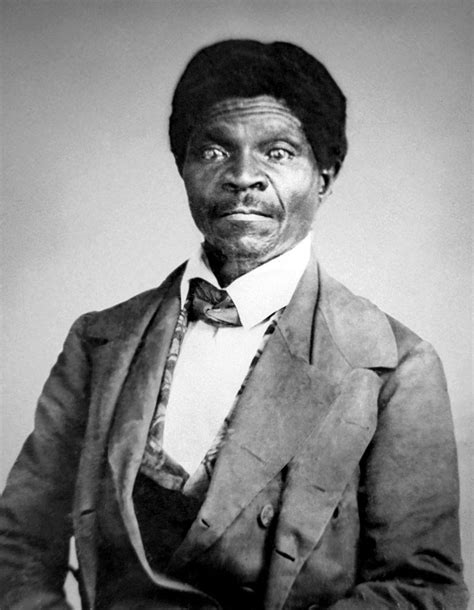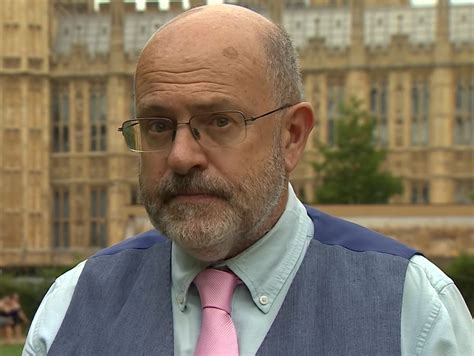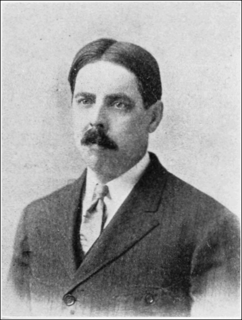A Quote by Stanley Greenspan
Attention, learning, and problem solving depend in part on the ability to plan and sequence actions and ideas. The Interactive Metronome(R) helps individuals systematically exercise and often improve basic motor planning and sequencing capacities.
Related Quotes
Most people define learning too narrowly as mere 'problem-solving', so they focus on identifying and correcting errors in the external environment. Solving problems is important. But if learning is to persist, managers and employees must also look inward. The need to reflect critically on their own behaviour, identify the ways they often inadvertently contribute to the organisation’s problems, and then change how they act.
Collaboration is important not just because it's a better way to learn. The spirit of collaboration is penetrating every institution and all of our lives. So learning to collaborate is part of equipping yourself for effectiveness, problem solving, innovation and life-long learning in an ever-changing networked economy.
Advocates of psychiatric drugs often claim that the medications improve learning and the ability to benefit from psychotherapy, but the contrary is true. There are no drugs that improve mental function, self-understanding, or human relations. Any drug that affects mental processes does so by impairing them.































